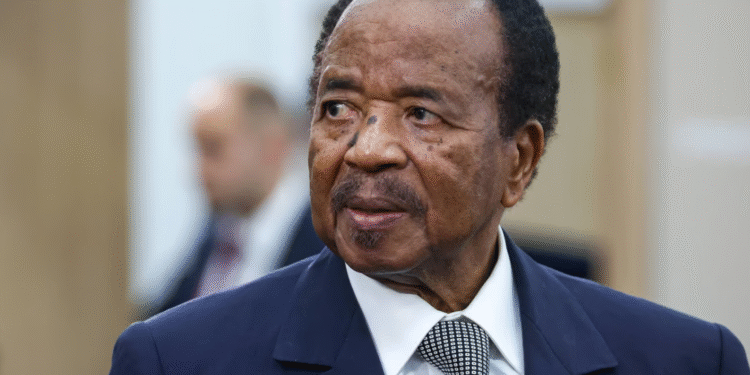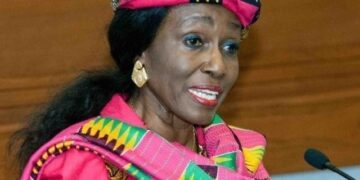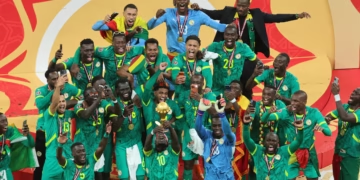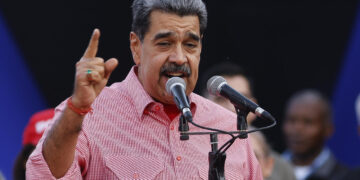YAOUNDÉ, SEPT 14 (The African Portal) – Cameroon is a country located at the junction of western and central Africa. On the global stage, Cameroon is known as a football powerhouse, boasting some of Africa’s greatest players. Among its legends are Jean Manga-Onguene, Rigobert Song, Joseph-Antoine Bell, Patrick Mboma, Theophile Abega, Lauren, Geremi, Thomas N’Kono, Roger Milla, and Samuel Eto’o. Their exploits have cemented Cameroon’s reputation as a giant of African football.
But beyond its footballing fame, Cameroon has also become a hub for some of the world’s oldest political leaders. Collectively, the top five leaders of the country are 433 years old.
At the helm is President Paul Biya, aged 92, the oldest serving leader in the world. Born on February 13, 1933, in Mvomeka’a, French Cameroon, Biya has been president since 1982, making him one of the longest-serving heads of state (excluding monarchs). The country abolished the position of vice president in 1972, leaving no clear number two in its leadership structure.
Next in line is Marcel Niat Njifenji, the 91-year-old President of the Senate. Born on October 26, 1934, he has held the position since 2013 and is a key member of the ruling Cameroon People’s Democratic Movement (RDPC).
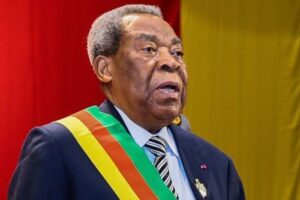
The Chief of Defense Staff, René Claude Meka, follows closely at 86. Born on February 2, 1939, he has served as head of the armed forces since 2001, making him the oldest defense chief in Africa. A graduate of the École spéciale militaire de Saint-Cyr, Meka played a critical role during the Cameroon-Nigeria border dispute over the Bakassi Peninsula.
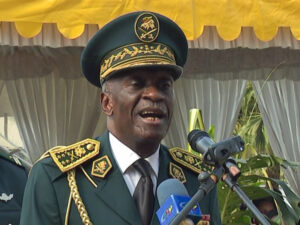
The President of the National Assembly, Cavayé Yéguié Djibril, is 85. Born on February 1, 1940, he has been in office since 1992, making him one of the longest-serving politicians in Cameroon and a prominent figure within the CPDM.
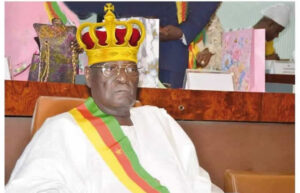
Finally, the Chief Justice of the Supreme Court, Daniel Mekobe Sone, is 79. Appointed in 2014, he has served in various judicial capacities since joining the magistracy in 1980. Born on August 8, 1946, he has had a long and distinguished career in law and justice.
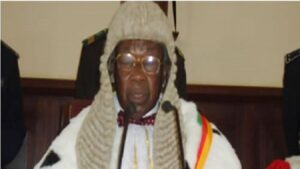
Together, these leaders; well into their late seventies, eighties, and nineties, make Cameroon a nation whose governance is dominated by retirees, raising questions about generational renewal and the future of leadership in the country.
